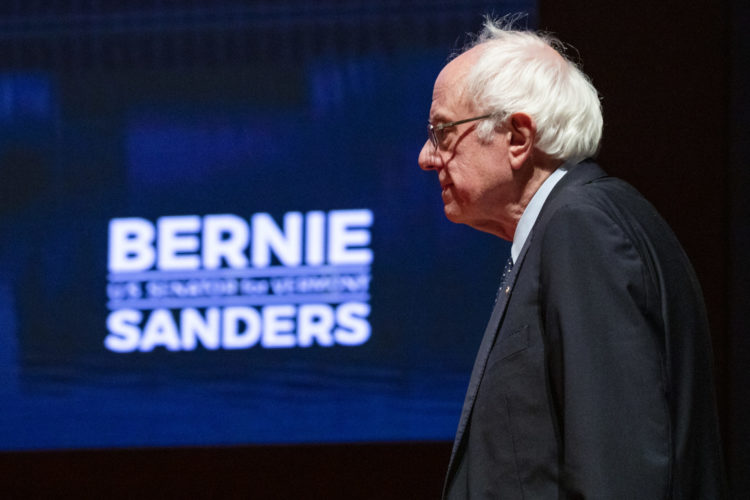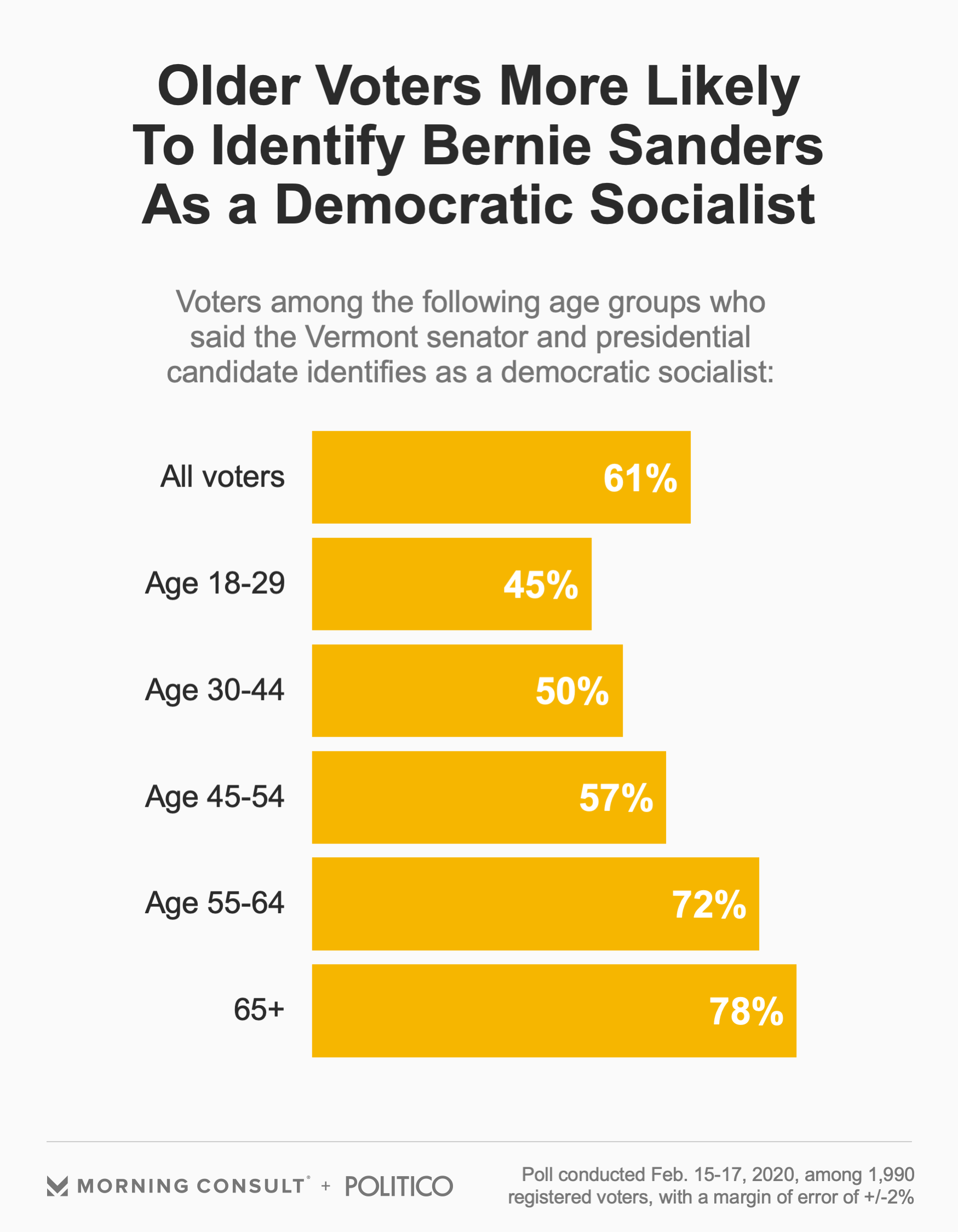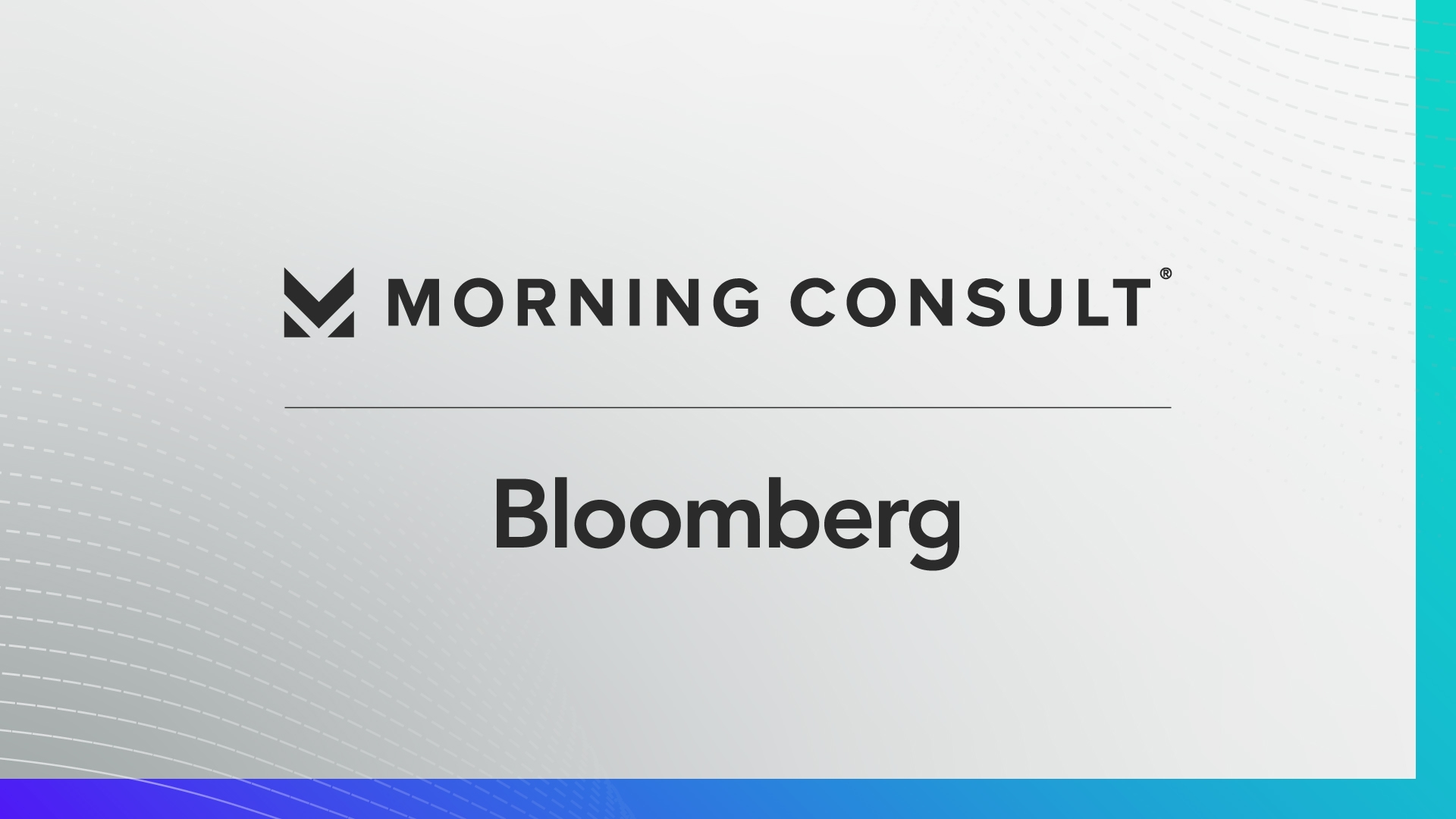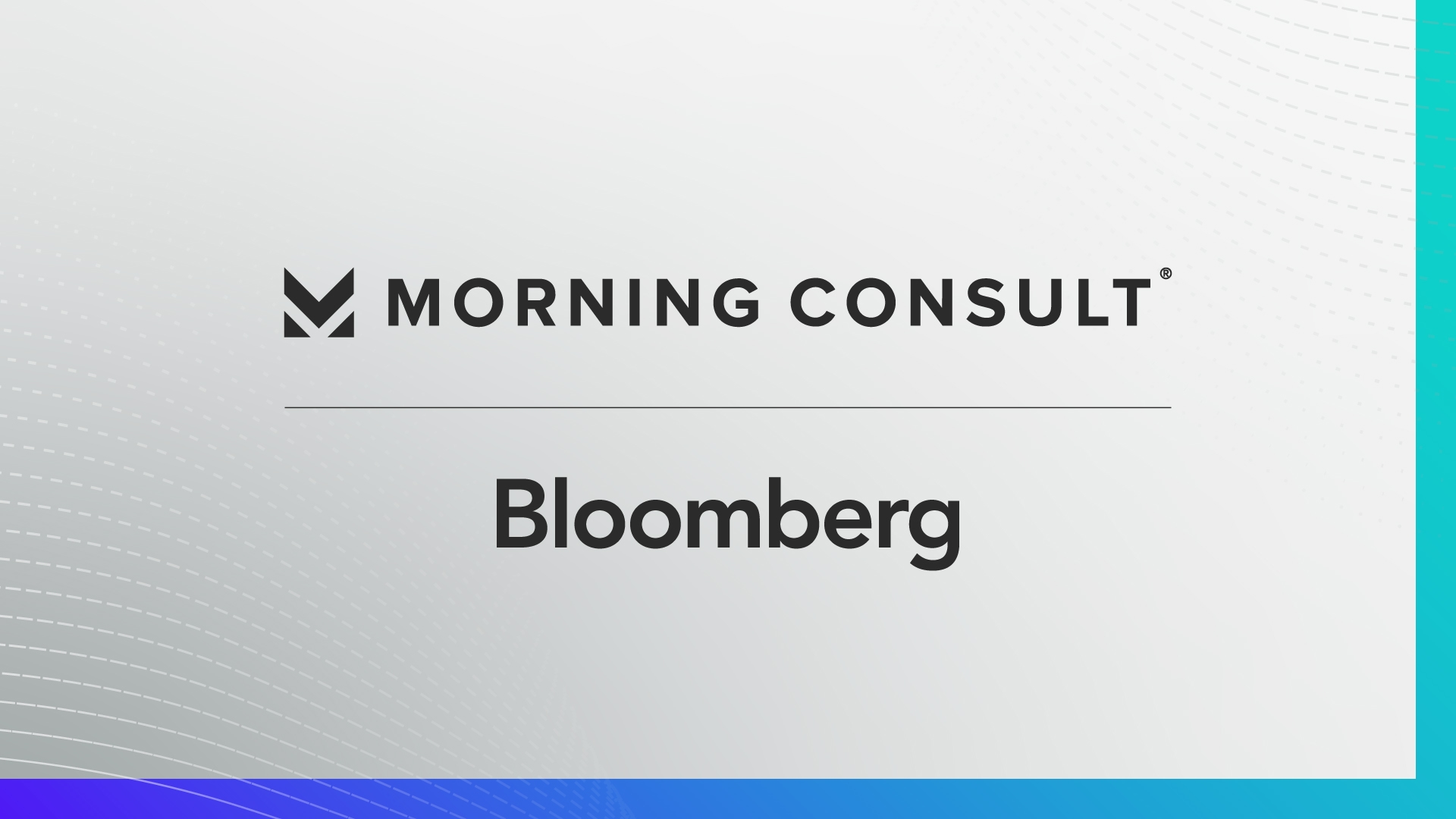How the Democratic Socialist Label Is Playing in the 2020 Presidential Race

Key Takeaways
45% of voters ages 18 to 29 said Sanders self-identifies as a democratic socialist, compared to 78% of voters 65 and older.
36% of Democratic primary voters said Sanders’ democratic socialist label makes it more likely that they will vote for him.
Now the front-runner in the Democratic presidential primary, Sen. Bernie Sanders (I-Vt.) is bringing his brand of progressivism — and the contentious democratic socialist label – to the fore of the party.
Sanders has long identified as a democratic socialist, thought by some in the Democratic Party to be an impediment to seeking national office. But that notion appears to be shifting, especially among Democratic primary voters, according to new Morning Consult/Politico data.

Overall, 61 percent of voters were able to correctly say that Sanders self-identifies as a democratic socialist — a label that seemed to be more identifiable to older voters.
Fewer than half of voters (45 percent) ages 18 to 29 said Sanders self-identifies as a democratic socalist, compared to 78 percent of voters ages 65 and older. That falls to 72 percent of voters ages 55 to 64, then a large dropoff to 57 percent of voters ages 45 to 54 and half of voters ages 30 to 44.
By a wide margin, voters were able to pick Sanders out as the candidate who self-identifies as a democratic socialist. The poll, conducted Feb. 15-17 among 1,990 registered voters, has a margin of error of 2 percentage points.
Twenty-one percent said Sen. Elizabeth Warren (D-Mass.), a Wall Street critic who frequently criticizes large banks, identifies as a democratic socialist (although she identifies as a capitalist). That’s compared to 10 percent who said the same about Wall Street multi-billionaire and former New York City Mayor Mike Bloomberg and 9 percent about former Vice President Joe Biden.
While the democratic socialist label has long been thought to be an obstacle to Sanders’ prospects at national office, it might now benefit him in the Democratic primary.
Among Democratic primary voters, 36 percent said that Sanders’ identity as a democratic socialist makes them more likely to vote for him. Twenty-three percent said it would make them less likely, and 41 percent said it wouldn’t make them more or less likely to cast a vote for Sanders. The subsample of 905 Democratic primary voters has a 3-point margin of error.
Regardless of the label, the more progressive elements of the Democratic party are pushing even more moderate candidates left during the primary.
Bloomberg, for example, has walked back previous viewpoints on Wall Street, where he made his fortune, with a set of proposals released Tuesday that would strengthen bank regulation and tax individual financial transactions.
Claire Williams previously worked at Morning Consult as a reporter covering finances.
Related content

Morning Consult | Bloomberg News Partnership Survey: Key Issues and Ballot Performance One Year Ahead of the 2024 Presidential Election

Morning Consult | Axios Partnership Survey on Growing AI Concerns Among U.S. Adults
